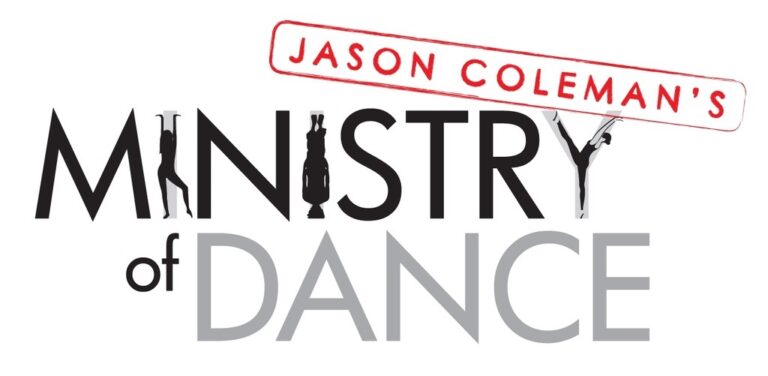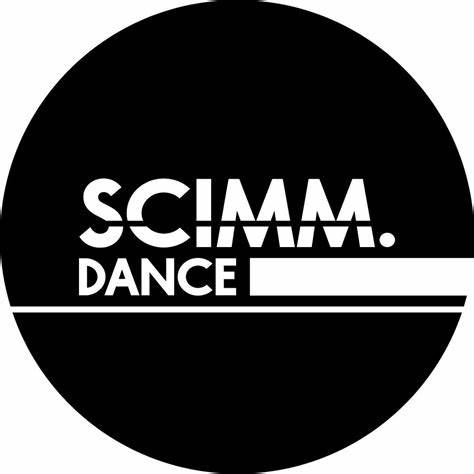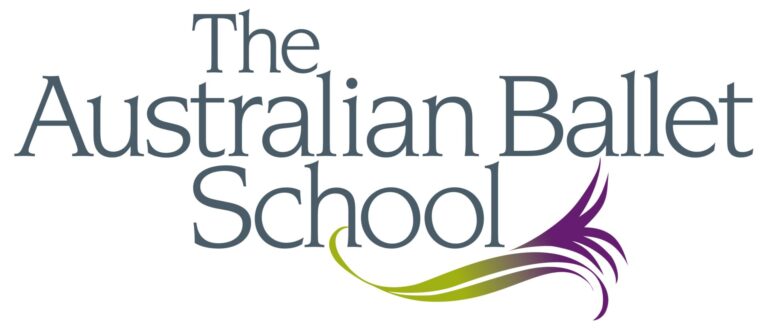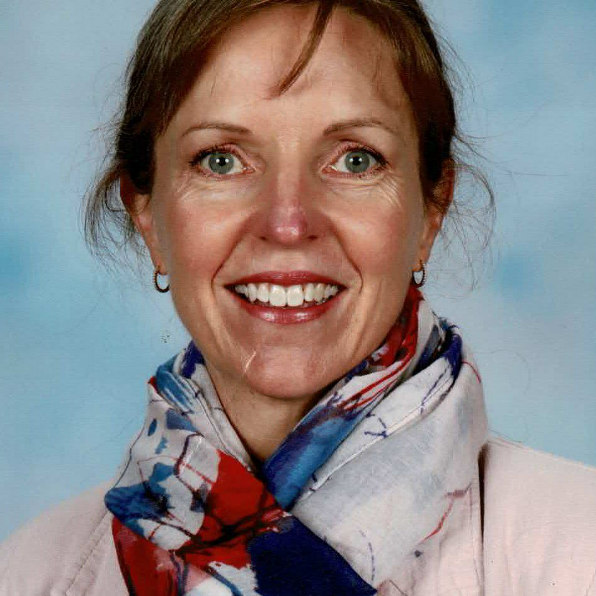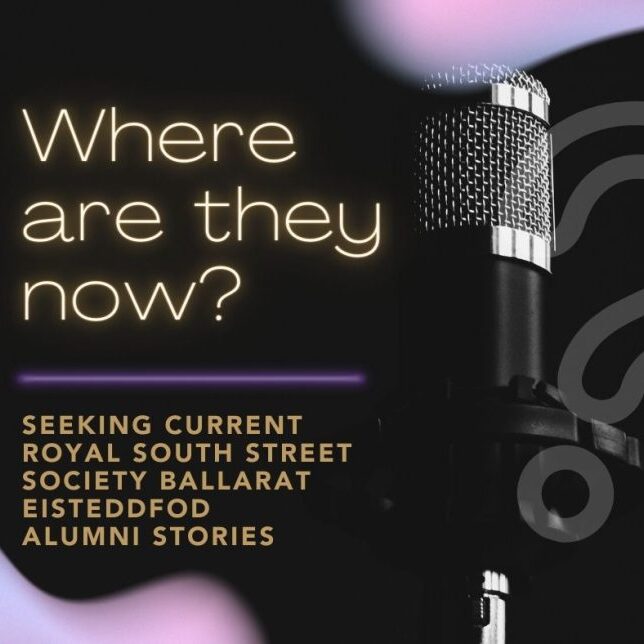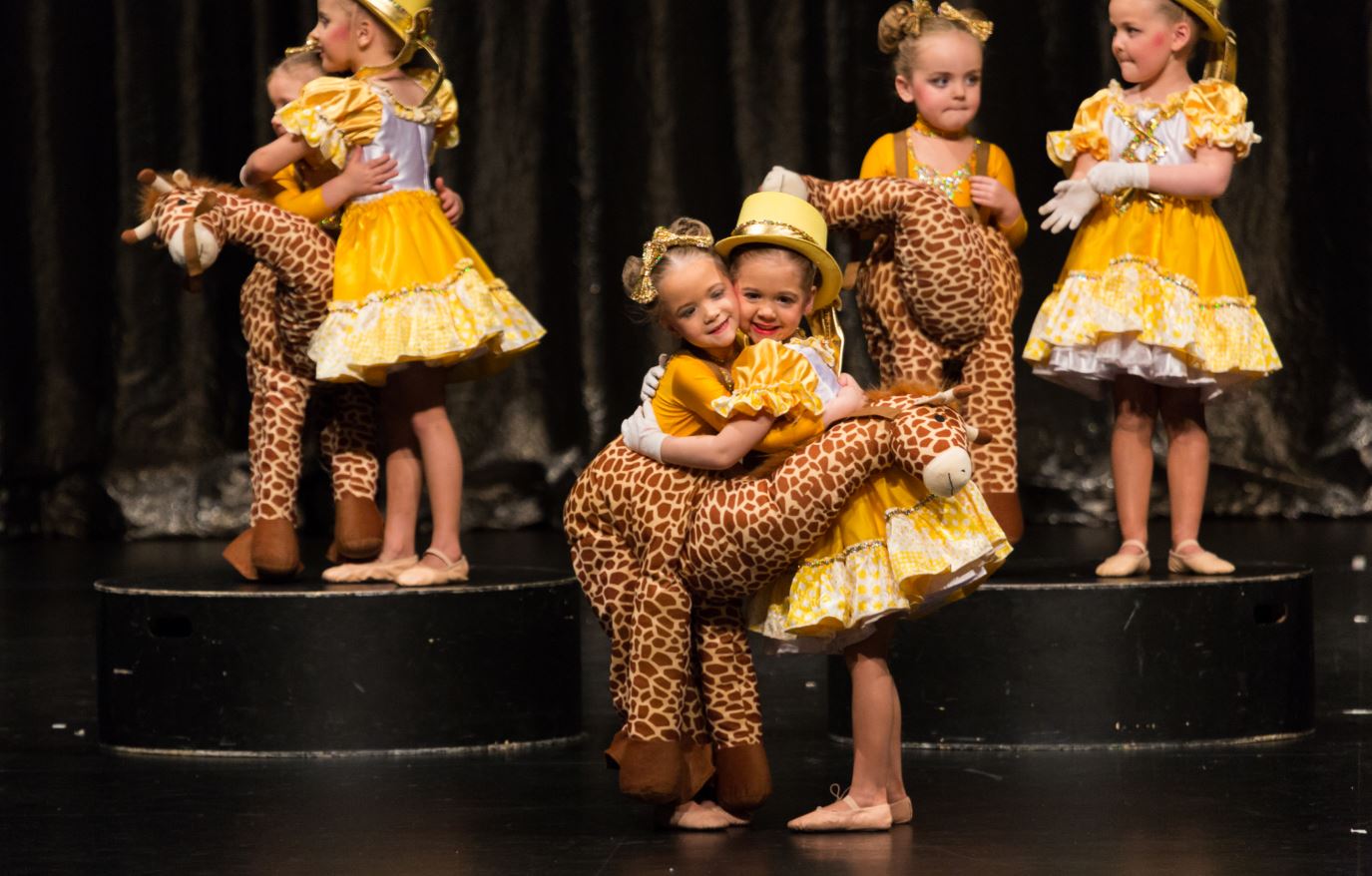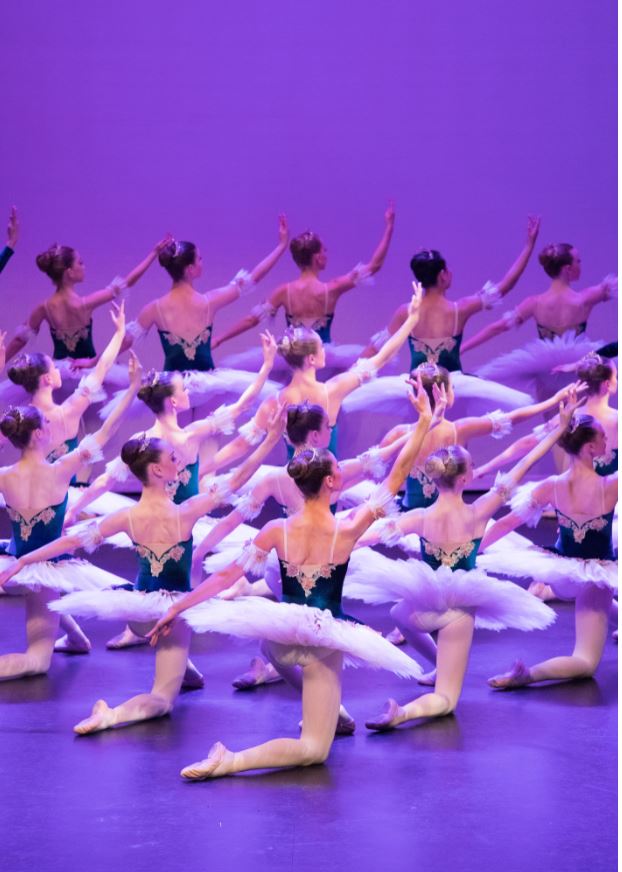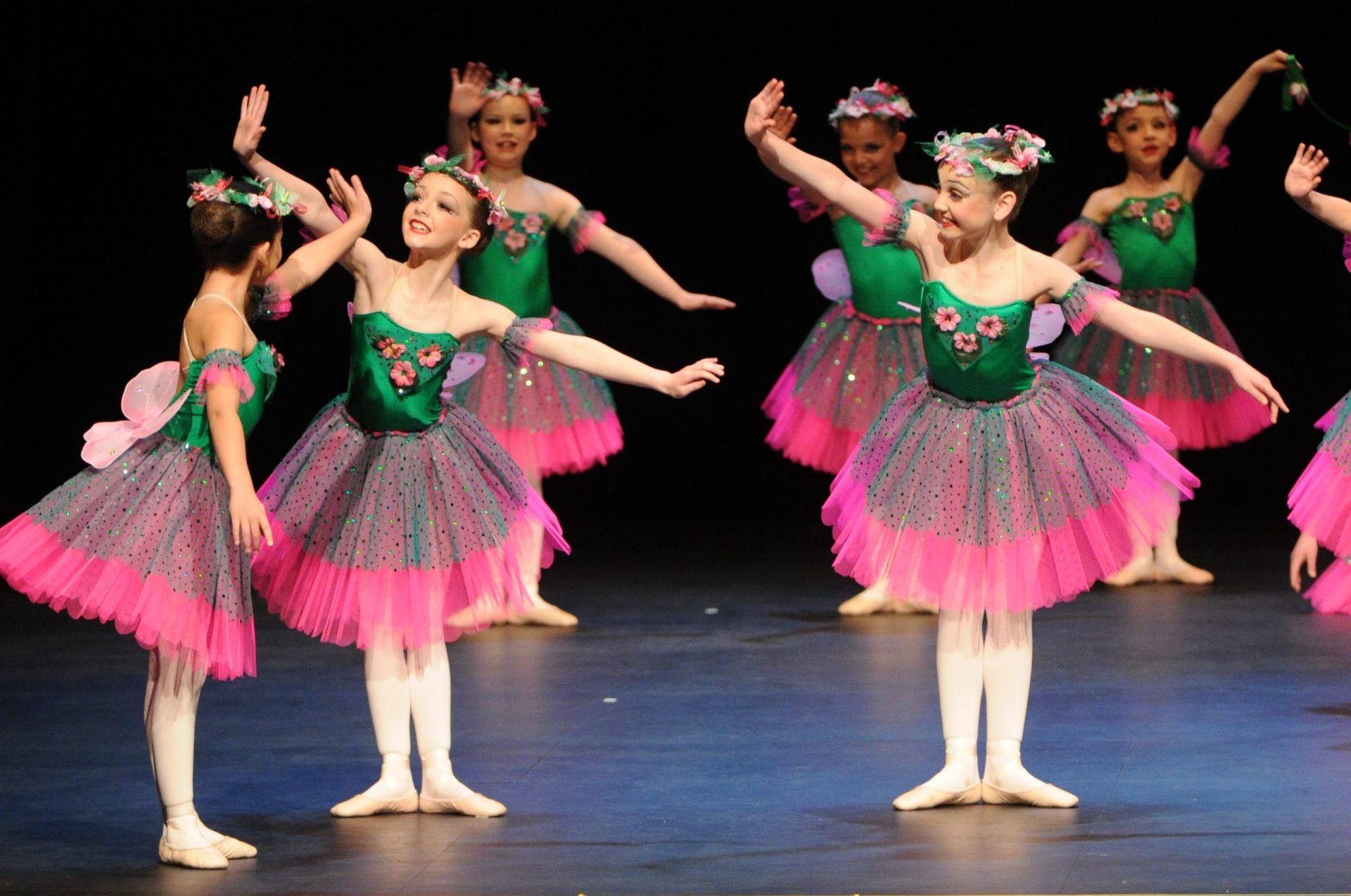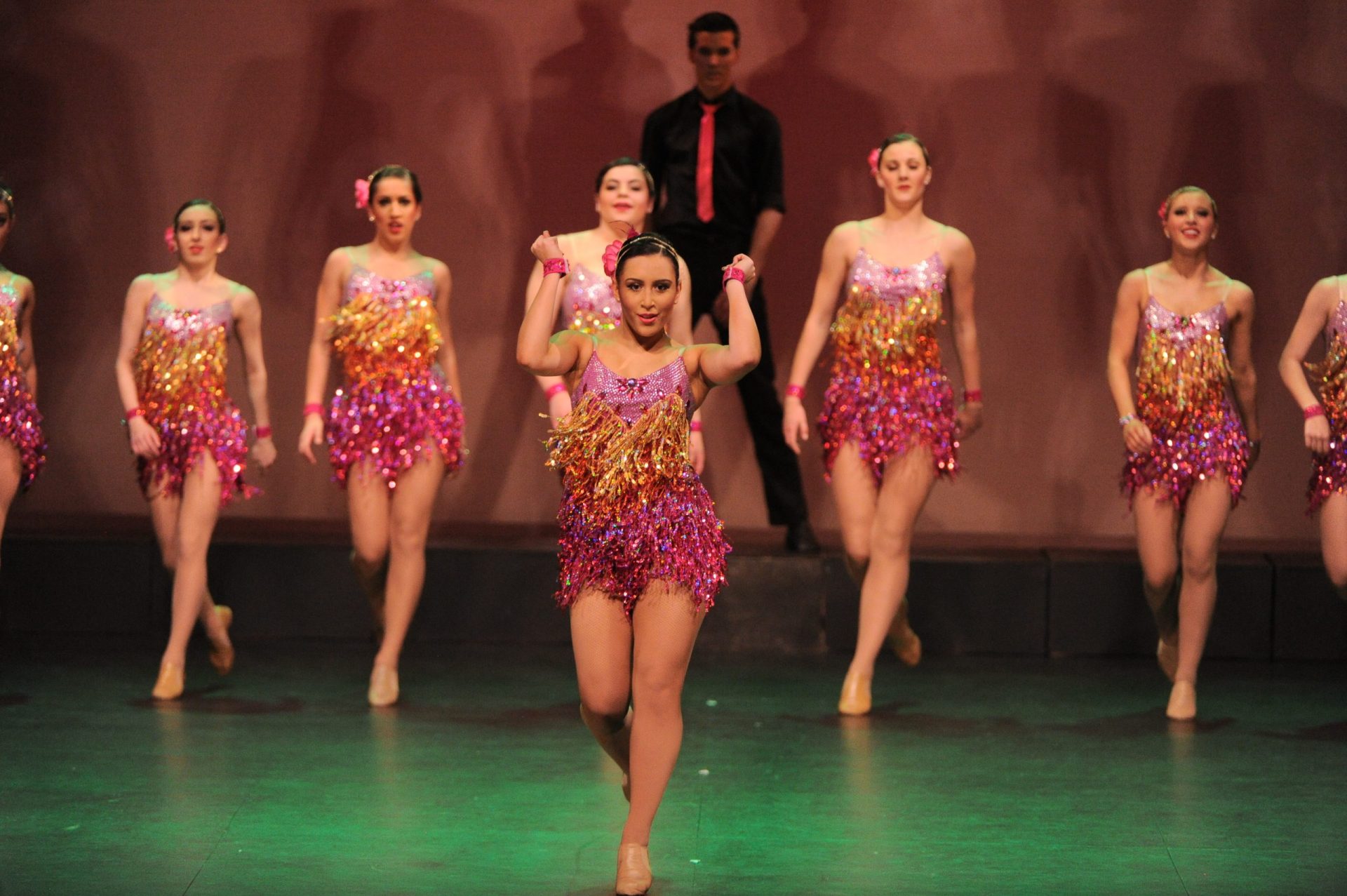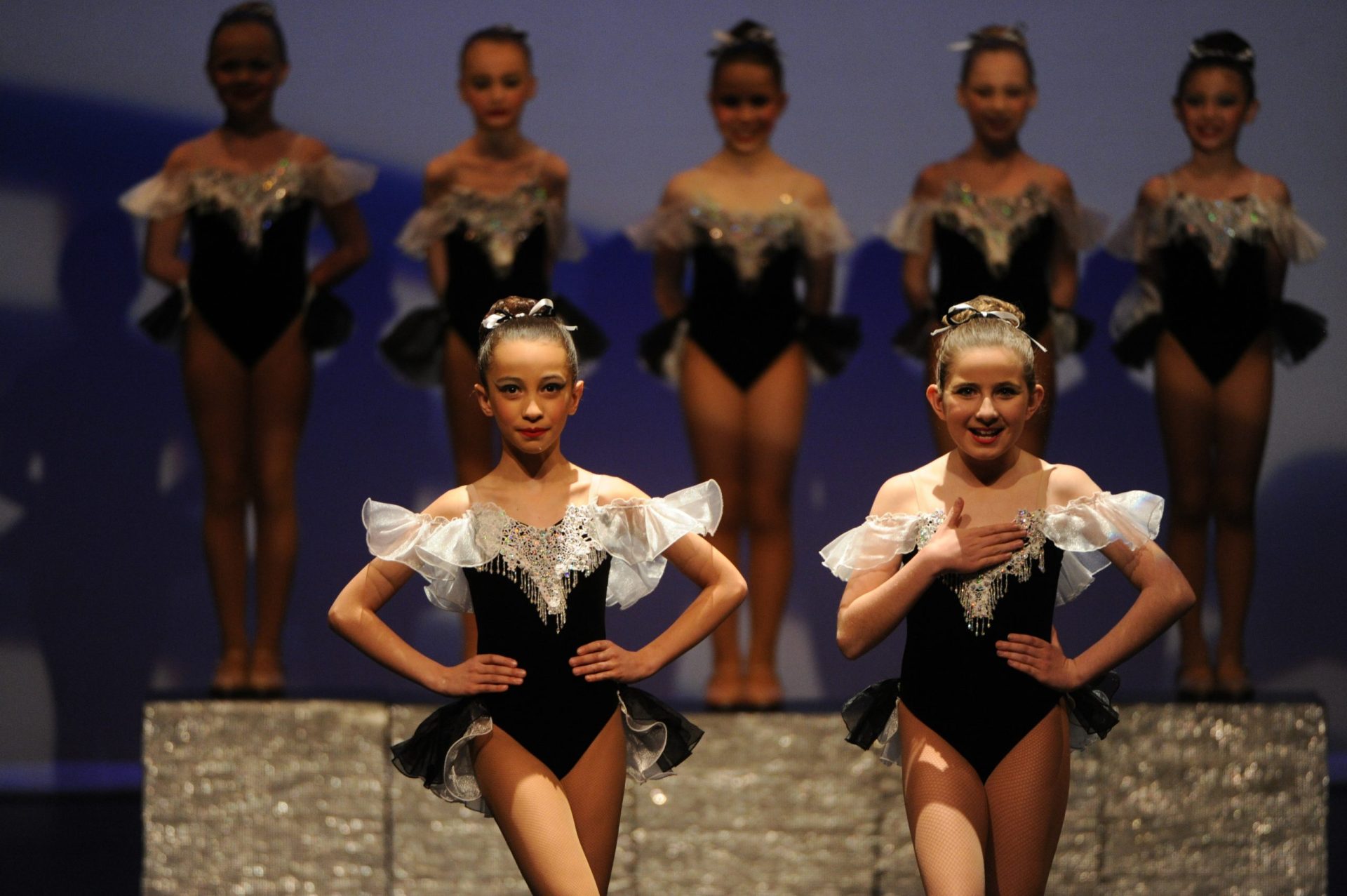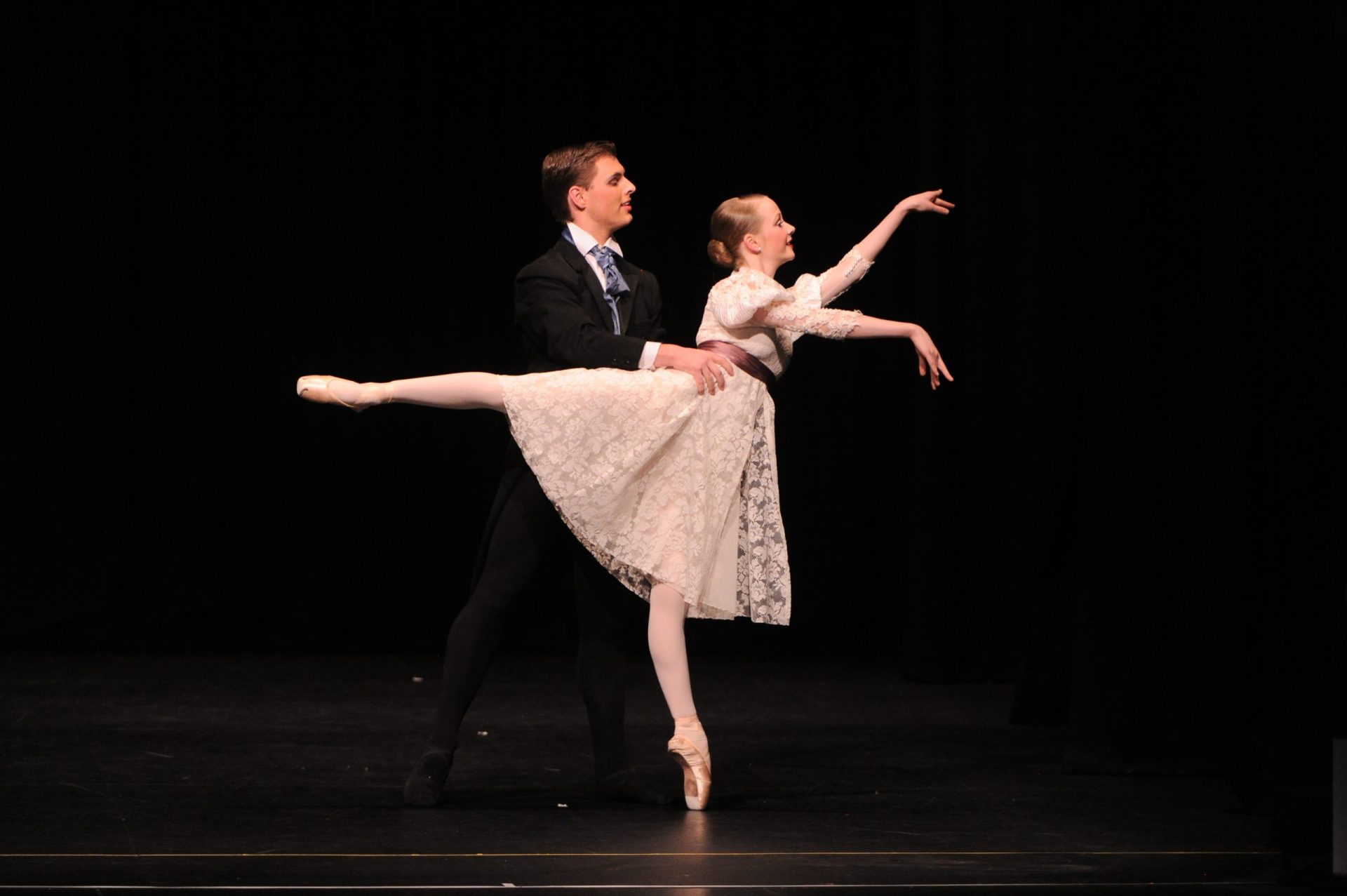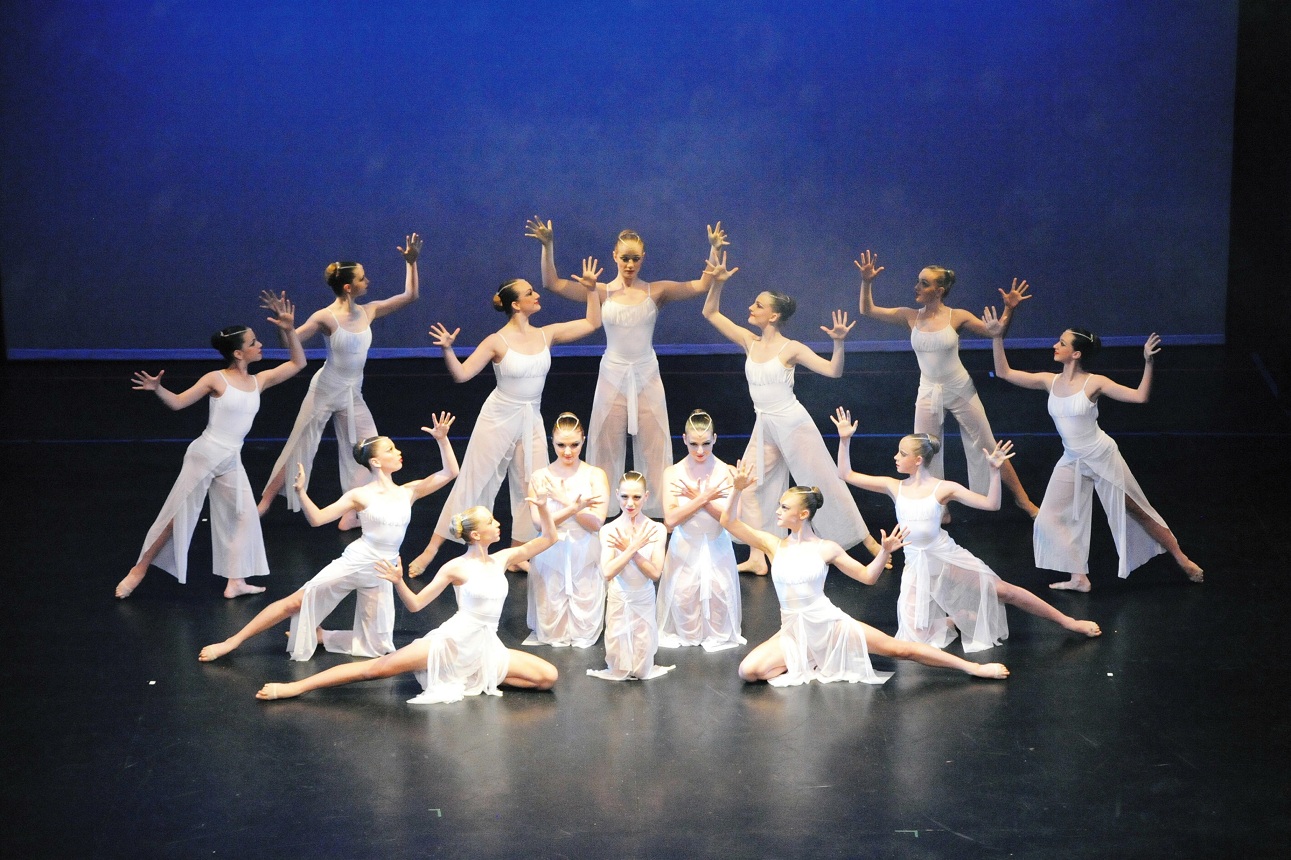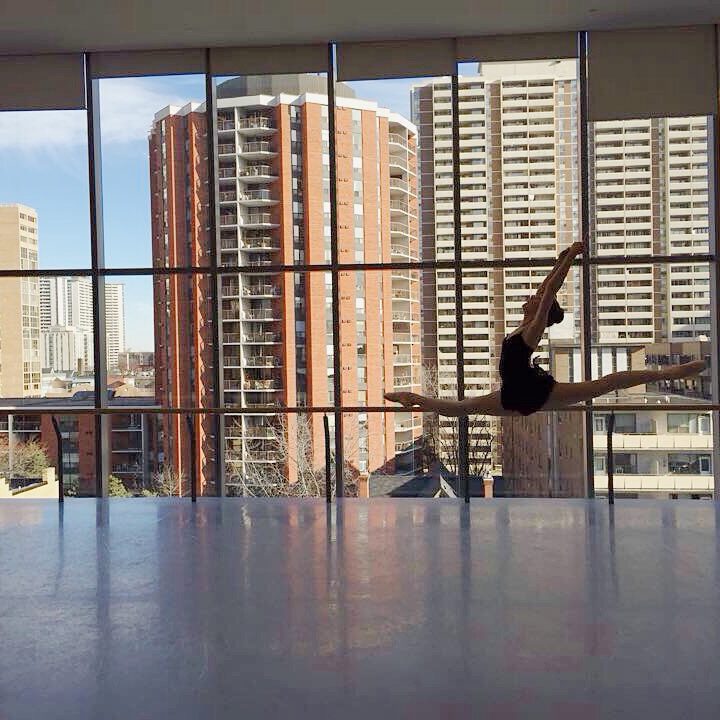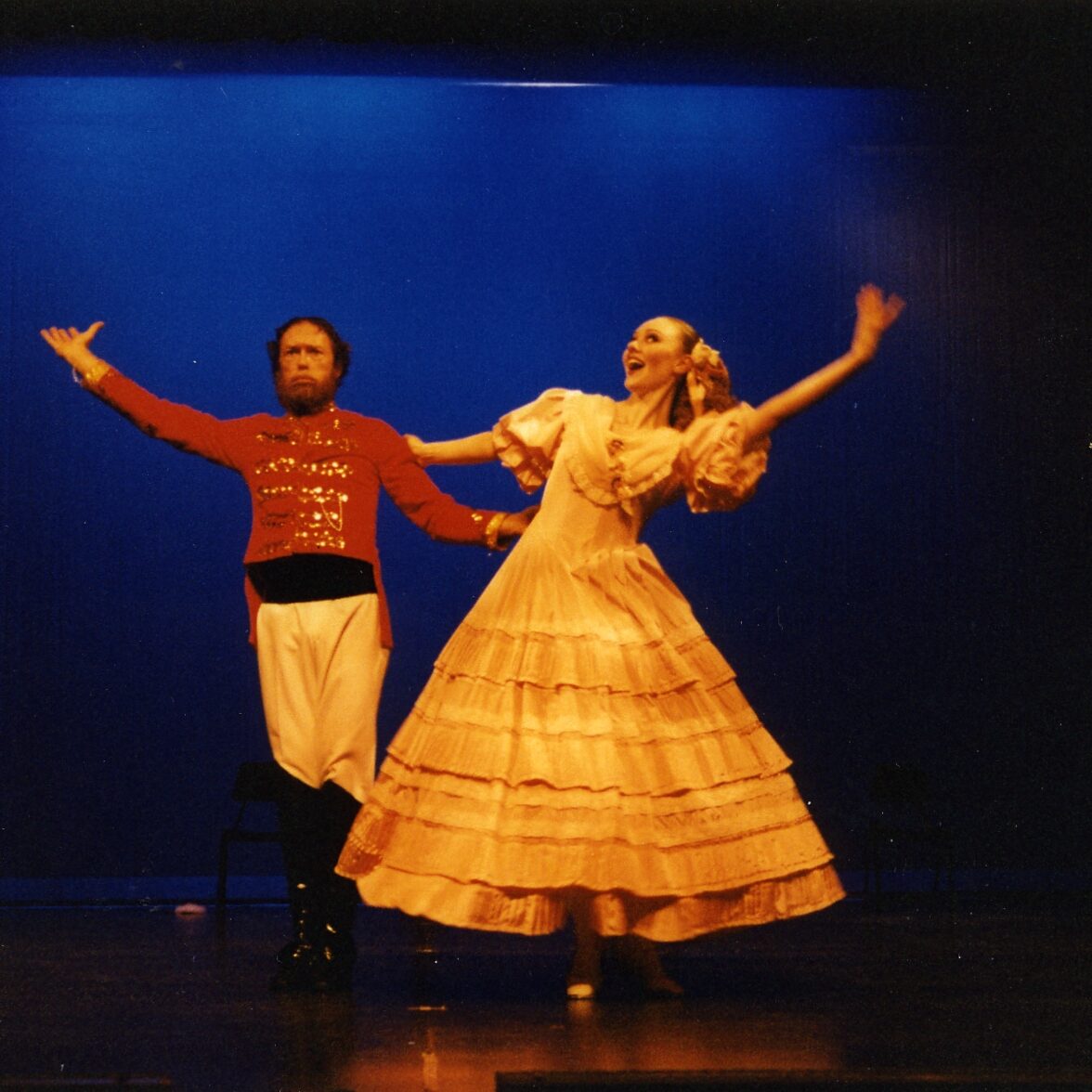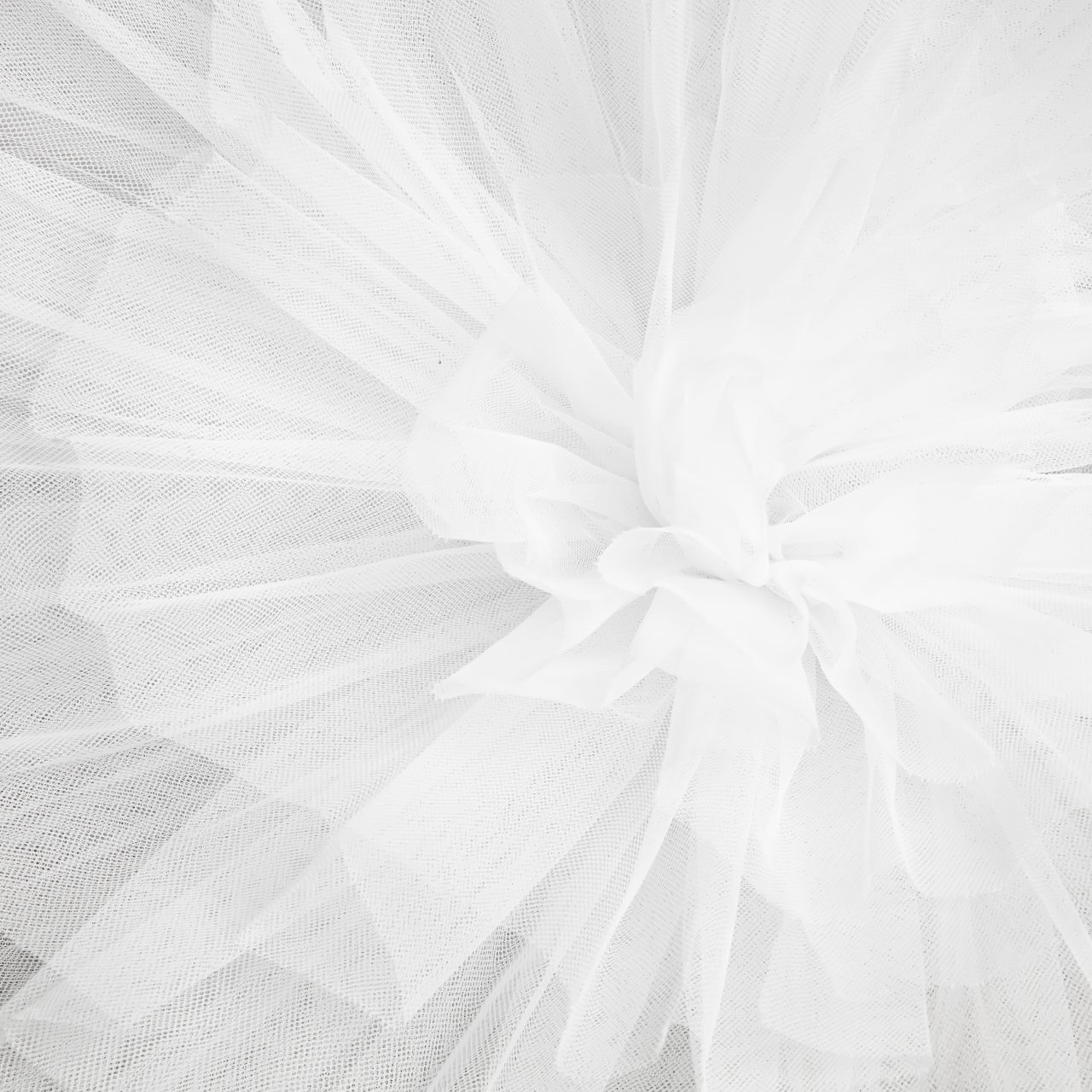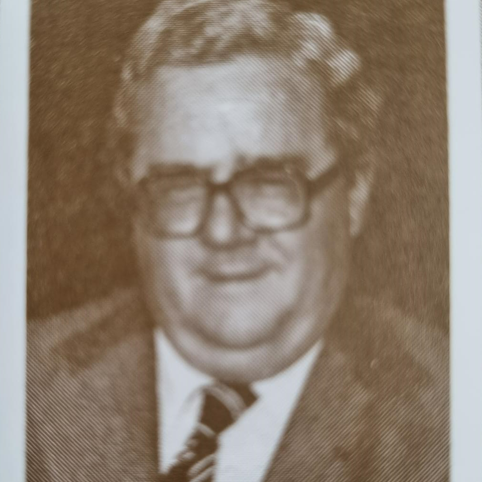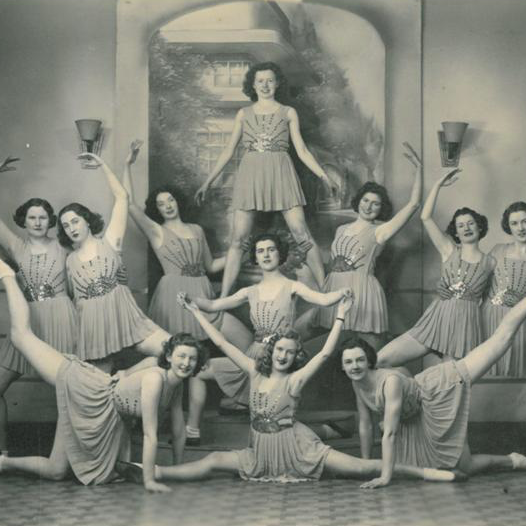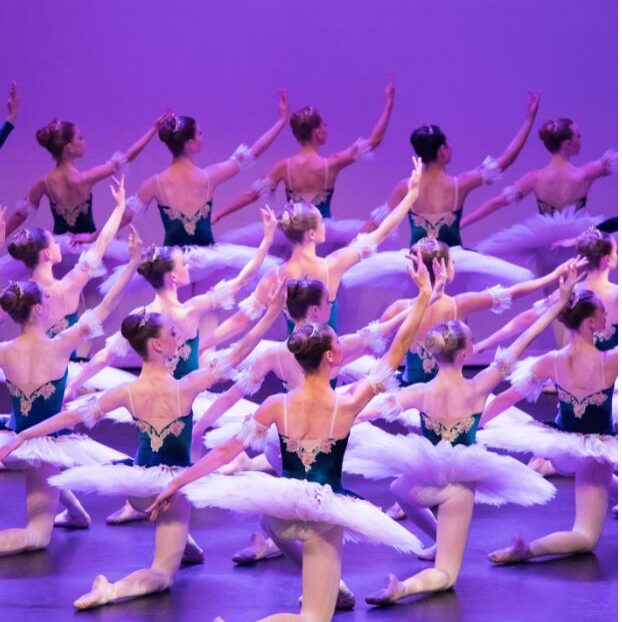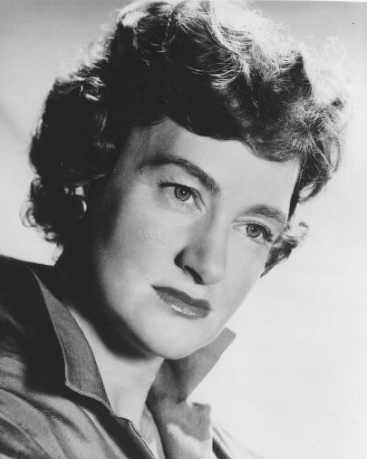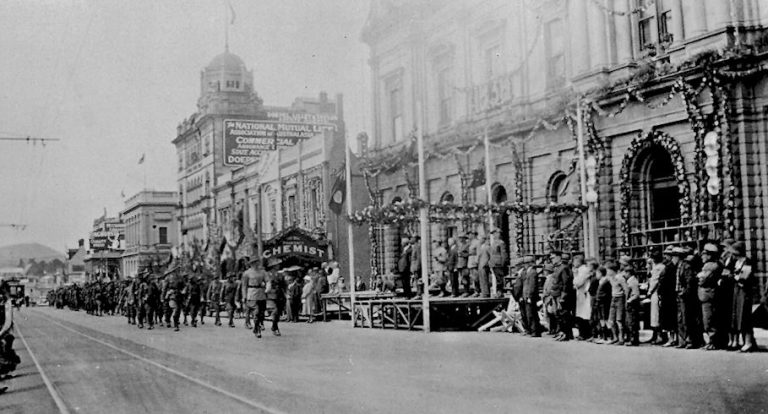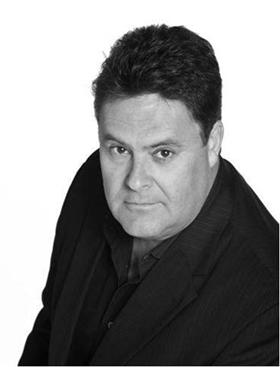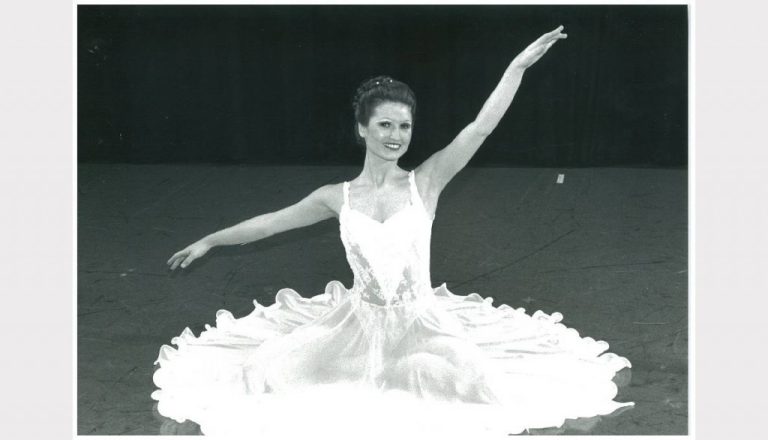Enter
Enter Entries Open 01 March - 30 April
2024 Energetiks Dance Competition dates: Saturday 21 September - Saturday 05 October
We have partnered with Stardom eisteddfod management system for entries and event management. Song titles, music files and DLPs can all be uploaded in preparation for the event.
A Stardom account is required to enter.
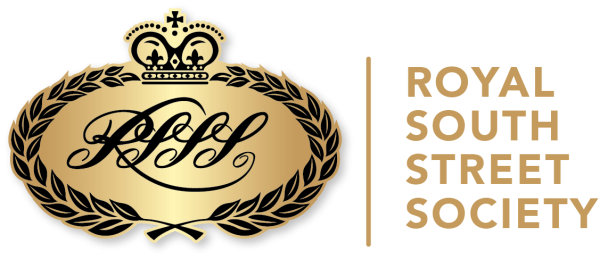

Energetiks Dance Competition
Get ready to be thrilled and delighted by the Royal South Street Society Ballarat Eisteddfod, Australia’s premier Eisteddfod, igniting the stage with extraordinary performance opportunities since 1891.
Be part of one of Australia’s most prestigious dance competitions – the Energetiks Dance Competition.
Providing novice, general and championship sections, the Eisteddfod offers a unique chance for personal growth and improvement. Our platform is a transformative journey where performers can refine their skills, boost their confidence, and unlock their full potential. Join us on this path to self-discovery and artistic excellence.
For ages Under 6 years to Open Ages
Classical, Demi-Character, Neo-Classical, Modern, Lyrical, Contemporary, Tap, Jazz, Song & Dance, Song & Tap, Theatrical, Hip/Hop/Funk, Solos, Troupes, Duo & Trios.
Solo and Troupe Aggregate Awards.
Championships
Senior Championships
- Coltman Senior Classical Ballet Championship
- Pirouette Modern Championship
- SCIMM Contemporary Championship
- UFS Senior Theatrical Championship
- UFS Senior Tap Championship
- Sovereign Press Senior Jazz Championship
Intermediate Championships
- Dr A.M Cole Intermediate Classical Ballet Championship Solo
- Intermediate Jazz Championship Solo
- Intermediate Tap Championship Solo
- Intermediate Junior Theatrical Championship
Junior Championships
- Ballarat Ballet Guild Junior Classical Ballet Championship Solo
- Junior Jazz Championship Solo
- Junior Tap Championship Solo
- Junior Modern Championship Solo
![RSSS BANNER[2] RSSS BANNER[2]](https://royalsouthstreet.com.au/wp-content/uploads/RSSS-BANNER2.jpg)
Stories
Learn more about the Dance discipline from our collection of stories, historical records and media....
Explore
Explore our history timeline
Our Royal South Street Society Ballarat Eisteddfod has staged extraordinary dance performances since 1891.



